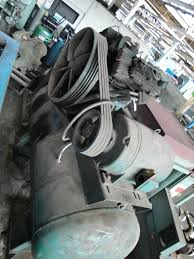 For many people, when the subject of car parts comes up, their brain just shuts off; we’ve got mechanics to know that stuff for us. They seems so complicated that most people don’t see the point in trying to learn about them at all. In fact, in small doses, learning about how your vehicle functions can be entirely possible, even interesting. Why not begin now? We’ve created an overview of one of your car’s lesser known parts; the poly v belt.
For many people, when the subject of car parts comes up, their brain just shuts off; we’ve got mechanics to know that stuff for us. They seems so complicated that most people don’t see the point in trying to learn about them at all. In fact, in small doses, learning about how your vehicle functions can be entirely possible, even interesting. Why not begin now? We’ve created an overview of one of your car’s lesser known parts; the poly v belt.
Your car’s poly v belt (also referred to as serpentine belt, multi rib belt, and multi vee belt) consists of one continuous belt that powers many tangential engine parts, including the alternator, water pump, air conditioning compressor, and more.
This belt has been an upgrade from older multi belt systems because one belt can handle more tension, something necessary for their function.
The only downside seems to be that when the belt gets displaced, all of these important parts cease to function. Still, that doesn’t require much work to fix.
Does that help you understand your car a little better? If not, don’t worry, just keep retaining little bits of information piece by piece, and eventually it will all just click together. If you need repairs on your vehicle, Japanese Car Specialties can help. For more information, come visit us or give us a call at (949) 583-0811.


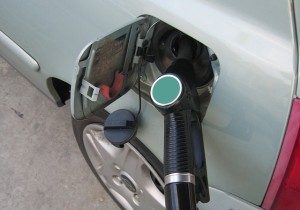 In a time when gas prices seem to only increase, improved gas mileage is a huge benefit of having a tune-up performed on your vehicle. A tune-up involves replacing old parts such as spark plugs and air filters. A dirty air filter can reduce your gas mileage by up to 20%! So having these simple parts replaced can save you at the pump.
In a time when gas prices seem to only increase, improved gas mileage is a huge benefit of having a tune-up performed on your vehicle. A tune-up involves replacing old parts such as spark plugs and air filters. A dirty air filter can reduce your gas mileage by up to 20%! So having these simple parts replaced can save you at the pump.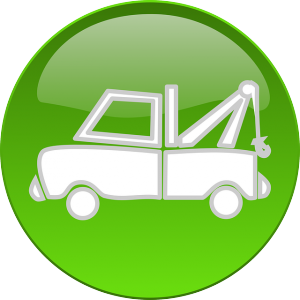 No one wants to be stranded on the side of the road because of car problems. And the price of having your vehicle towed can be outrageous. Having a tune-up performed routinely can save you from this headache. Tune-ups help keep your car reliable and trustworthy on both long and short trips.
No one wants to be stranded on the side of the road because of car problems. And the price of having your vehicle towed can be outrageous. Having a tune-up performed routinely can save you from this headache. Tune-ups help keep your car reliable and trustworthy on both long and short trips. Having routine maintenance performed on your vehicle increases the value of your car. If you ever decide to sell your vehicle it will help you immensely if you have maintenance records on hand. Any buyer will look favorably on a car that has had tune-ups performed regularly.
Having routine maintenance performed on your vehicle increases the value of your car. If you ever decide to sell your vehicle it will help you immensely if you have maintenance records on hand. Any buyer will look favorably on a car that has had tune-ups performed regularly.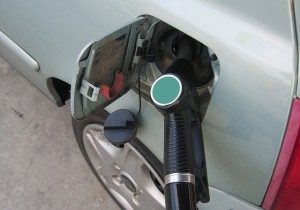 With the official start of summer on June 21, many people across America are gearing up for a summer road trip. But with gas becoming increasingly expensive, you may be looking for ways to ensure your car is as fuel efficient as possible on your upcoming trip. So if you are living in Mission Viejo and are packing up for a summer drive across the country, consider these tips on how to get better gas mileage on your summer road trip.
With the official start of summer on June 21, many people across America are gearing up for a summer road trip. But with gas becoming increasingly expensive, you may be looking for ways to ensure your car is as fuel efficient as possible on your upcoming trip. So if you are living in Mission Viejo and are packing up for a summer drive across the country, consider these tips on how to get better gas mileage on your summer road trip. Some have said to picture an egg under your gas pedal while you accelerate. Aggressive driving where you slam on your brakes and punch the accelerator frequently will destroy your gas mileage. Cutting down on your aggressive driving can save you not only gas money, but also can save you from getting involved in accidents.
Some have said to picture an egg under your gas pedal while you accelerate. Aggressive driving where you slam on your brakes and punch the accelerator frequently will destroy your gas mileage. Cutting down on your aggressive driving can save you not only gas money, but also can save you from getting involved in accidents.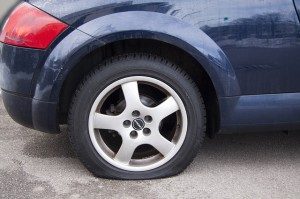 One of the number one reasons people suffer from poor gas mileage is because their tires are not properly inflated. Be sure to check your tire pressure against the manufacturer’s recommended PSI. Under inflated tires can cost you countless dollars in gas money and also can pose a risk for rollovers and other accidents.
One of the number one reasons people suffer from poor gas mileage is because their tires are not properly inflated. Be sure to check your tire pressure against the manufacturer’s recommended PSI. Under inflated tires can cost you countless dollars in gas money and also can pose a risk for rollovers and other accidents.